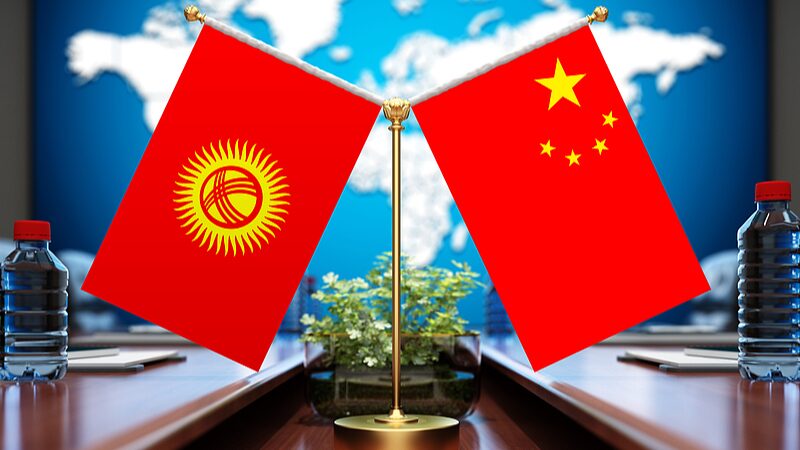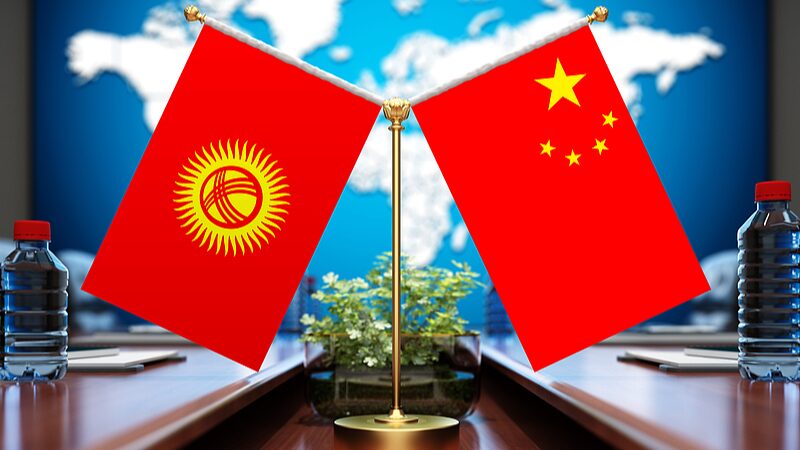The United States has once again weaponized its tariff policy by imposing tariffs on Canada, Mexico, and China. While these measures might ostensibly benefit Washington by reducing its trade deficit and increasing fiscal revenue, the long-term consequences could be far more detrimental.
By targeting key trading partners with tariffs, the U.S. aims to leverage its economic power as a bargaining chip in negotiations. However, such actions risk creating tensions in the global market and disrupting established supply chains. These disruptions can lead to increased costs for businesses and consumers alike, potentially slowing down economic growth worldwide.
Analysts warn that the imposition of tariffs is like setting off a time bomb in the global economy. The immediate effects may seem manageable, but the cumulative impact can lead to significant instability. Trade wars have historically resulted in increased prices, reduced trade volumes, and strained international relationships.
In the interconnected world economy, there are no winners in a trade war. As countries retaliate with their own tariffs, the cycle of protectionism can spiral, harming industries and economies on all sides. Collaboration and fair trade practices are essential to maintaining global economic stability and fostering growth.
Reference(s):
cgtn.com




